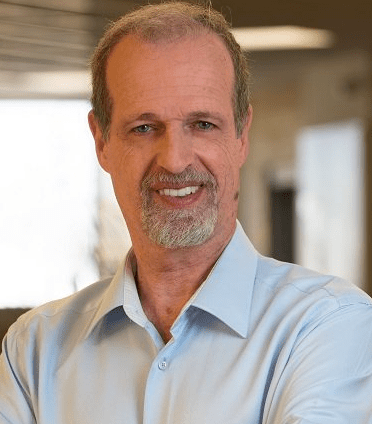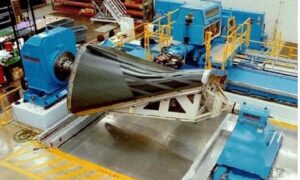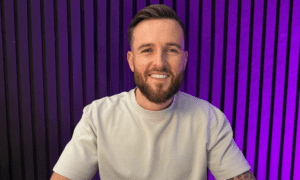 The UN considers aquaculture a key player in the effort to feed the world’s growing population, predicted to reach 9 billion by 2050. Due to a heightened awareness in health and nutrition, the popularity of fish and seafood has gained momentum and consumption has more than doubled in the last 50 years. Today, traditional fisheries and aquaculture methods are unable to meet the global demand for fish and seafood causing market prices to repeatedly increase. Last year, the United Nations released a report that warned that a third of the world’s oceans are overfished, and that fish consumption is now unsustainable.
The UN considers aquaculture a key player in the effort to feed the world’s growing population, predicted to reach 9 billion by 2050. Due to a heightened awareness in health and nutrition, the popularity of fish and seafood has gained momentum and consumption has more than doubled in the last 50 years. Today, traditional fisheries and aquaculture methods are unable to meet the global demand for fish and seafood causing market prices to repeatedly increase. Last year, the United Nations released a report that warned that a third of the world’s oceans are overfished, and that fish consumption is now unsustainable.
Furthermore, seafood markets are frequently located far away from the fisheries, resulting in the need for countries to import huge quantities of seafood each year. The US, for instance, is importing more than 90% of its consumed seafood, according to NOAA (National Oceanic and Atmospheric Administration). In 2018, Europe was the second largest fish and seafood importer in the world with a total value of $22.1 billion, according to EUMOFA’s 2018 report.
With huge amounts of fish and seafood make their way, daily, through nonstop air train to faraway destinations, we have to ask ourselves if there is a more sustainable way to meet the global demand for seafood?
Over the past two decades, an alternative sustainable solution to the growing demand for nutritional seafood emerged: Recirculating Aquaculture Systems, (RAS) land-based facilities.
RAS is an advanced aquaculture technology disrupting the fish-farming industry. Unrestricted to a specific area, RAS enables the local production of fish in a safe, environmentally-conscience manner, while almost eliminating the need for transportation. This method of fish-farming can also shorten the farm to table cycle, providing fresh seafood supply to landlocked regions, while contributing to job creation in local communities.
Building a completely modern, data-driven, controlled, and traceable fish-farming process, RAS empowers consumers by providing information on the fish they are consuming, including the food it is feed, the environment it was grown and raised in, as well as its full trajectory, from egg stage up to the grocery store.
Land-based aquaculture provides a clean and healthy habitat for fish, that is free of environmental pollutants such as heavy metals and plastic particles. The water in RAS system tanks is constantly recycled and under strict biosecurity protocols that eliminate the need for chemicals, antibiotics, and hormones. Recent technological advancements have also allowed for minimal use of power and water, making land-based facilities the most sustainable aquaculture discipline available today.
Dozens of RAS facilities are already successfully operating around the world, already contributing to the global fish supply. In the past few years, many additional large-scale facilities have been announced by investors and technology companies, with the mission to make fresh, healthy and sustainable seafood accessible to all.
As awareness of the environmental impact of food production grows, interest in sustainable foodtech solutions, among them aquaculture technologies, grows as well. Companies and investors focused on sustainable seafood practices are set to become the key players in the future of the world’s food production and resources. Technology is giving us the opportunity to ease the burden on our seas, give the oceans the time they need to replenish themselves again, and to make fresh, healthy fish accessible to all.
About: David Hazut – CEO – AquaMaof Aquaculture Technologies Ltd.
David became a partner and CEO of AquaMaof – world leader in RAS technology for land-based production of fish and seafood – in 2010. Recognizing the huge potential for fish farming, both in terms of sustainability and its impact on the global food chain, in 2000 David took his extensive experience of establishing and managing large construction projects into the field of aquaculture with AquaMaof. Under David’s management, the company has expanded its activities, developing unique, visionary land-based fish and seafood production projects for the future.



































